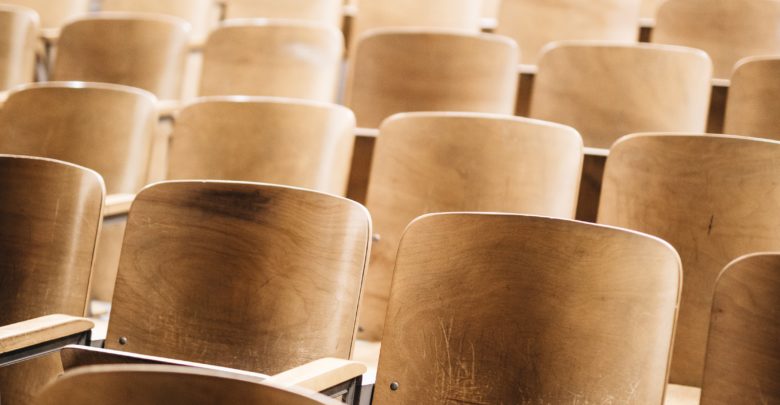SU Candidates bring up promising ideas to decolonize education
Discussions over a mandatory Native Studies course offered unique ideas on how to deconlization higher education
 Pia Co
Pia CoStudents’ Union (SU) executive candidates delivered interesting viewpoints at the first ever Indigenous Student Forum, hosted by the Aboriginal Student Council (ASC). One conversation worth further deliberation is that of implementing a mandatory course from the faculty of Native studies, to be completed by every U of A student.
The discussion began when candidates were asked whether they planned to advocate for the implementation of a mandatory Native studies course for all degrees. The idea to require a course like this isn’t new — the University of Winnipeg and Lakehead College have mandated courses on Indigenous content in their degree programs for years now.
This isn’t the first time the SU has discussed the proposal of a mandatory course either. In 2019, the Aboriginal Relations and Reconciliation Committee (ARRC) made 57 recommendations to the SU on how to alleviate barriers faced by Indigenous students on campus. One recommendation is specifically to advocate to the university administration for either the creation of a mandatory Native studies course or the inclusion of Indigenous knowledge and pathologies in courses.
At the Indigenous Student Forum, it was encouraging to see all of the candidates supported this initiative. The different perspectives raised inquired whether or not one faculty specific course would suffice — or if further decolonization of these institutions needs to take place. Although candidates also acknowledged the longevity behind this goal, it will be up to students to keep these representatives accountable on their advocacy.
Board of Governors representative candidate Dave Konrad expressed that the mandatory class should be faculty specific, in order to cater to specific programs. Konrad’s comments give a good indication of how this consultation process would begin. He believes that the design of these courses should involve a conversation with Students’ Council, ASC, Aboriginal Relations and Reconciliation Committee (ARRC), First Peoples’ House, and the faculty of Native studies. All of these organizations definitely need to be represented in this discussion.
SU presidential candidate Rowan Ley expressed the importance of such a course. It should teach students who will eventually occupy positions of power as doctors, lawyers, and engineers to mandate reconciliation in their work.
Vice-president (academic) candidate Abner Monteiro stated that this would be a long term project for the university. Additionally, he said that other faculties should look towards the Indigenous content already instituted in the faculties of nursing and education. Monteiro pledged to advocate for the addition of further Indigenous content in current courses through the General Faculties Council Programs Committee and discussions with the U of A’s Vice President (Indigenous and Programming).
Vice-president (student life) candidate Daniela Carbajal brought attention to the different Indigenous perspectives on this topic. Those against it are concerned that forcing students to take a class would worsen stigma or polarization between Indigenous and non-Indigenous students. A solution could be having more Indigenous content in courses that already exist.
What Carbajal and other candidates are suggesting is that all courses should be decolonized instead of taking one mandatory course.
This could eventually involve the integration of consensus-based decision-making, an increased literature review of Indigenous sources and works, and more courses participating in the discourse of reconciliation. In addition, decolonization could contribute to deconstructing the Eurocentric instructor-student dynamic by providing students more autonomy in their learning.
Carbajal and Monteiro’s thoughts on decolonizing the U of A’s courses by implementing more meaningful Indigenous content overall must be heard as well. Although these initiatives will take time to fully implement, the advocacy needs to start now — that way it is not sidelined by future administrations like the Maskwa House of Learning.
For the time being, the university should continue to bring awareness to the Massive Open Online Course, Indigenous Canada. Because the campus is located on Treaty land, every U of A student should be able to understand the importance of reconciliation and decolonization in our daily lives.




